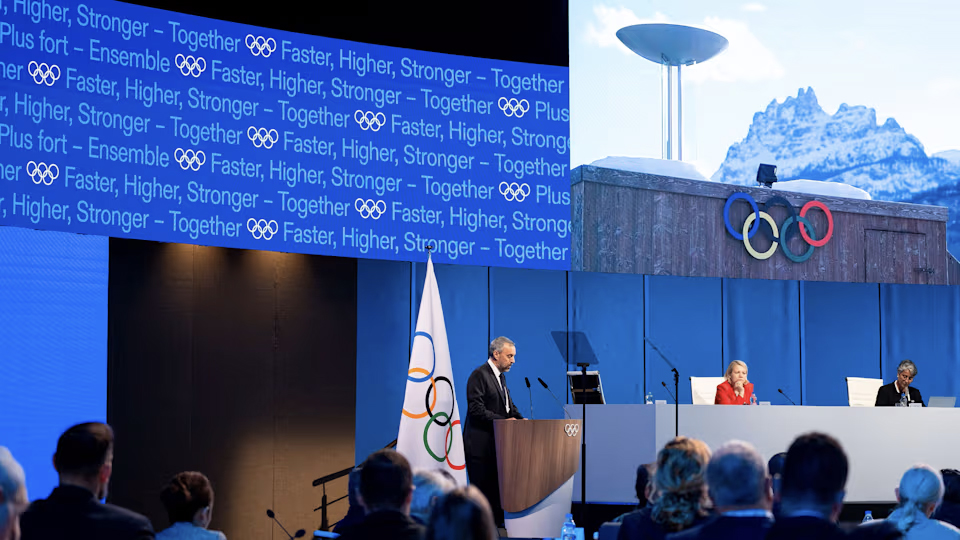The ruling from the Ad Hoc Division of the Court of Arbitration for Sport (CAS) during the 2024 Olympic Games, which resulted in the bronze medal being taken from Ms. Chiles and awarded to Ms. Barbosu, highlights the CAS’s commitment to maintaining the integrity and accuracy of technical regulations of the competition.
The ruling from the Ad Hoc Division of the Court of Arbitration for Sport (CAS) during the 2024 Olympic Games, which resulted in the bronze medal being taken from Ms. Chiles and awarded to Ms. Barbosu, highlights the CAS’s commitment to maintaining the integrity and accuracy of technical regulations of the competition.
As detailed in the published decision, Ms. Ana Maria Barbosu and the Romanian Gymnastics Federation appealed the verbal inquiry of the US team regarding Ms. Chiles’s score. They argued that this inquiry was made 4 seconds after the one-minute deadline established in Article 8.5 of the Fédération Internationale de Gymnastique (FIG) Technical Regulations 2024, which states: “…..for the last gymnast or group of a rotation, this limit is one (1) minute after the score is shown on the scoreboard. The person designated to receive the verbal inquiry has to record the time of receiving it, either in writing or electronically, and this starts the procedure.”

The legal team representing Ms. Chiles based their defense on the “Field of Play” doctrine and referenced previous CAS decisions such as CAS 2021/A/8119. According to this decision, the “Field of Play” rule is a decision made on the playing field by judges, referees, umpires, and other officials, who are responsible for applying the rules of a particular game; they argued that the appeal falls under the “Field of Play” doctrine.
However, the arbitration panel rejected this argument, clarifying that the court’s decision was not about reviewing the “technical performance of a gymnast,” but rather about assessing the technical regulation of the game. The arbitration panel considered the case beyond the scope of the “Field of Play” rule. The main question that the panel sought to answer was who is responsible for safeguarding the FIG’s technical regulations. Article 8.5 is mentioned in the FIG technical regulations, but it is unclear what mechanism exists to enforce it.
Ms. Sacchi, the president of the Women’s Artistic Gymnastics Technical Committee, and FIG could not identify the individual who received and recorded the verbal inquiry to the panel. Ms. Sacchi admitted that her computer system did not show the red flag indicating that the inquiry was out of time. She accepted it under the assumption that it was within time limit.

These explanations indicate that FIG had not devised an appropriate mechanism to monitor and safeguard this one-minute rule. Therefore, the panel concluded that this complaint was related to a flaw in part of FIG’s technical system, and they considered the appeal to be valid, stating that a violation of technical regulations could not be considered part of the “Field of Play” rule.
This argument could be reviewed differently in future similar cases concerning the interpretation of the “Field of Play” doctrine and the scope of its exceptions. The arbitration panel was well aware of the impact of its decision on the medalists and gymnasts but could not overlook FIG’s negligence in safeguarding the implementation of Article 8.5.
Thank you to Zahra Ahmadpanah for contributing this article.



